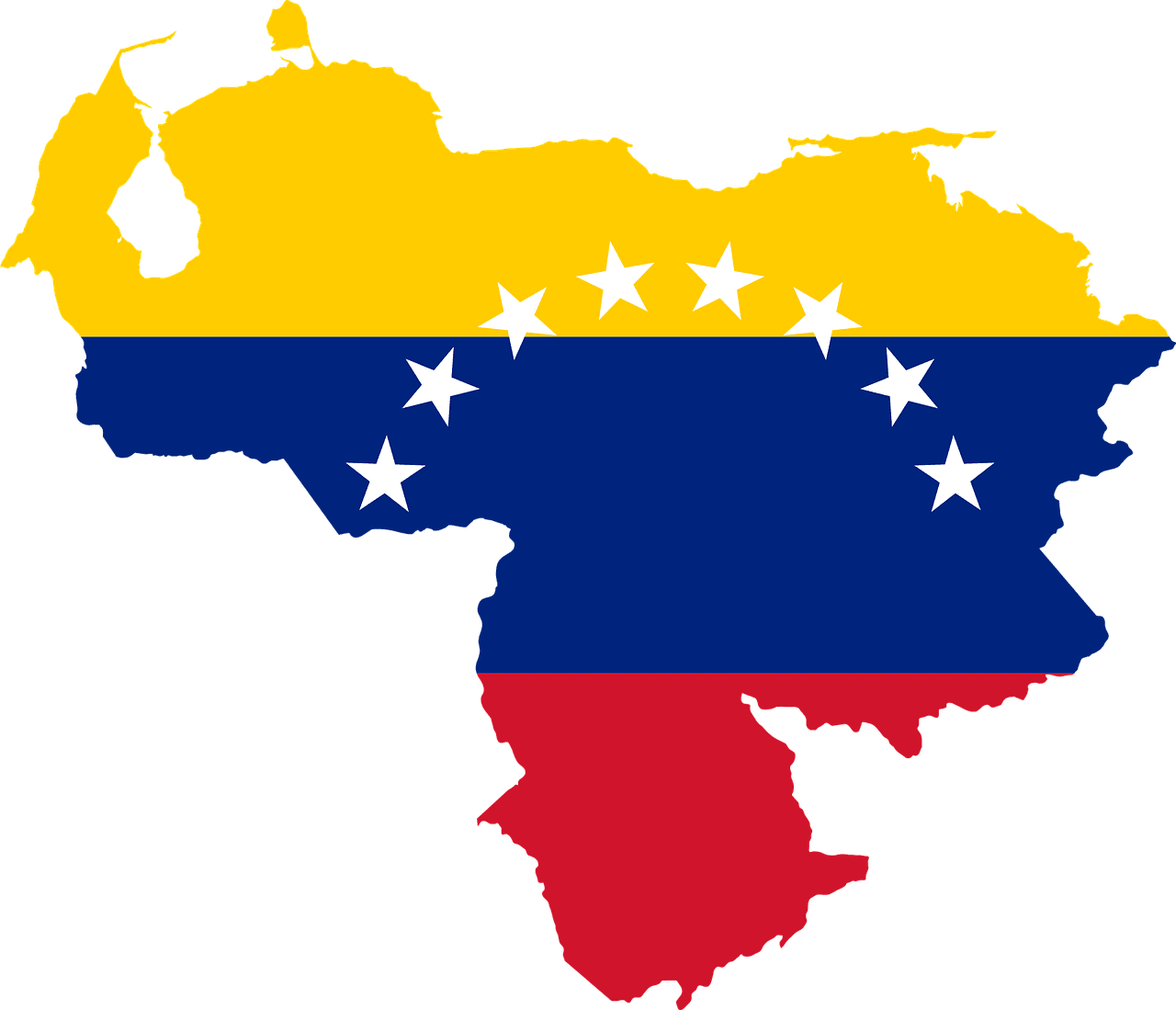The Venezuela crisis continues after nearly a full week of protests and demonstrations. The U.S. and other countries have been working externally to cripple the nation’s economy via sanctions, but now opposition leader Juan Guaido is beginning an economic move of his own. Meanwhile, inflation in Venezuela continues to run out of control, while the U.S. and Russia face off over the humanitarian crisis, but few are mentioning the long economic road the nation has ahead of itself.
New economic move: A general strike
Clashes between pro-government forces and the opposition continued throughout the week, leaving more than 100 people injured, at least one person dead, and more than 150 people jailed. According to CNN, Guaido admitted this week that he needs more military defectors to topple President Nicolas Maduro’s regime. However, he said the day before that their efforts were going into the “final phase.”
Guaido called for an even wider protest in Venezuela after a failed attempt at a peaceful military revolt earlier this week. The opposition leader urged his nation’s citizens to protest daily until Maduro leaves, according to The Washington Post. He requested that public servants display their own civil disobedience by wearing a blue armband to work.
The next step for the opposition, according to Guaido, is a staggered industrial action leading to a general strike, according to multiple media outlets. Thousands of supporters cheered his call for continued demonstrations against the Maduro regime. Meanwhile, the United Nations urges “maximum restraint” for both sides.
Inflation in Venezuela reaches staggering heights
Millions of citizens have fled Venezuela due to the unrest, lack of food, water, and healthcare, and untenable economic conditions. Inflation in Venezuela continues to skyrocket, unchecked as the political unrest goes on.
According to Bloomberg, the price of a cup of coffee has increased six figures over the last year, while the price of a cornmeal arepa pastry was up 300,000% by the end of last year. The opposition-led National Assembly estimates inflation in Venezuela at an eye-watering 1.7 million percent, although the International Monetary Fund has attached a much higher figure. The IMF estimates inflation in Venezuela at a staggering 10 million percent. The UN estimates that 90% of Venezuelans are living in poverty.
The Financial Post explained why inflation isn’t Venezuela’s biggest problem. Indeed, it’s only the tiniest tip of the iceberg of problems the nation is facing. The Post agrees with many analysts who say the only way to check the inflation in Venezuela and the other economic problems the nation is facing is to oust Maduro, but if he continues to control the military, ousting him may take much longer.
If or when regime change finally happens, it will be only a small step in the direction of the economic work that must be done. The Financial Post suggests rebuilding the nation’s oil industry must be the ultimate goal. The nation’s production capacity is only one-third of what it was two decades ago. The opposition has already been talking about the need to reopen the Venezuelan oil industry to other countries, but doing so will take plenty of money and time. However, if this massive undertaking can be accomplished, it will go a long way toward correcting the staggering inflation in Venezuela and making this oil-rich country into an economic power.
U.S. blamed for Venezuela crisis
For now, it seems like interested parties are merely pointing the finger at each other. Maduro blames Trump for the unrest in his country, but even U.S. lawmakers are speaking out against the sanctions. U.S. Rep. Ilhan Omar blamed the U.S. for the political upheaval in Venezuela. She told Democracy Now! in an interview that she blames the U.S. for helping “lead the devastation” by enacting sanctions.
“This particular bullying and the use of sanctions to eventually intervene and make regime change really does not help the people of countries like Venezuela and it certainly does not help and is not in the interest of the United States,” she said.
Presidential candidate Rep. Tulsi Gabbard also spoke out against the Trump administration in an interview with Fox News. She accused the White House of “saber-rattling” and called for the U.S. to work with Russia to avoid a nuclear conflict. Like Omar, Gabbard also believes that U.S. interference in Venezuela will not help the nation’s citizens.
Russia’s alleged role
U.S. officials have alleged that Russia is interfering in the Venezuela crisis on the side of Maduro. They allege that the socialist leader was ready to jump on a plane and leave the country, but Russia convinced him to stay. However, Reuters reports that Russian Foreign Minister Sergei Lavrov denied this allegation.
Some see the Latin American country becoming a virtual battleground between the U.S. and Russia. Moscow warned there would be “the most drastic of consequences” if the U.S. continues to make what it refers to as “aggressive steps.” U.S. National Security Adviser John Bolton threw down the boundary line, saying that Venezuela is in the U.S.’s hemisphere, so Russia should not be interfering.




